Shankar Dattatraya Javdekar (1894–1955), popularly known as Acharya Javdekar, was a prominent Gandhian, a social democrat and a modern-day philosopher who amalgamated Mahatma Gandhi’s concepts of Sarvodaya, Ahimsa and Satyagraha with Socialism and Karl Marx’s Class Struggle. He propounded the theory of Satyagrahi Socialism.
He was born on 26th September 1894. He completed schooling in Kolhapur and earned his B.A. (Philosophy) degree from Fergusson College, Pune. While studying for his M.A. degree, he responded to Mahatma Gandhi’s nationwide call and sacrificed his education to dedicate himself to the non-cooperation movement. He participated in the battle for independence and suffered imprisonment as well.
During 1923–26, he operated a dormitory in Islampur (Dist. Sangli, Maharashtra) for students belonging to the ‘untouchable’ communities of those times.
Acharya Javdekar was a socialist democrat in his political thinking. And a reader gets the distinct impression of a profound philosopher in all of his literary work. He has given a lucid exposition of Gandhiji’s ideas, has explained them in a philosophical manner and has also provided a penetrating analysis of the political movements led by Mahatma Gandhi.
He served as the editor of the dailies Navashakti (New Power) and Lok Shakti (People's Power). He was also the editor of the weekly Sadhana from 1950 to 1952.
In his 1954 book सर्वोदय आणि समाजवाद (Sarwodaya and Samajwad), he articulated the doctrine of Satyagrahi Socialism. In this book, he made a discerning attempt to amalgamate Marxism and Gandhism. He also attempted to reconcile the views of Tilak and Gandhi in his book लोकमान्य टिळक व महात्मा गांधी (Lokamnya Tilak and Mahatma Gandhi). Acharya Javadekar wrote a comprehensive history of modern India - आधुनिक भारत (Adhunik Bharat, 1938). He advocated the idea of Satyagrahi Samajwad and made a fervent plea for blending Gandhiji’s ideal of Sarvodaya with the socialist ideal of economic equality. This was a significant contribution to political ideas in modern India.
Acharya javdekar’s prominent books include आधुनिक भारत (1938), गांधीजींचे चरित्र - जीवनरहस्य, राज्यशास्त्रमीमांसा, आधुनिक राज्यमीमांसा, विश्वकुटुंबवाद, शास्त्रीय समाजवाद, सर्वोदय आणि समाजवाद (1954), लोकशाही, पुरोगामी साहित्य, गांधीवाद, लो. टिळक व म. गांधी. He presided over the Akhil Bharatiya Marathi Sahitya Sammelan in Pune in 1949. He suffered an attack of cardiac pneumonia and passed away on 10th December 1955.
As we solemnly remember him today, we are also mindful that the anniversary of his passing coincides with the World Human Rights Day.
The Sarvodaya principle is at the core of Acharya’s thoughts. The Sarvodaya movement pioneered by Mahatma Gandhi is a social and economic movement that emphasizes human rights and equality and is based on the philosophy of non-violence. Acharya Javdekar integrates Sarvodaya with the Socialist ideal of economic equality.
Also Read - ऋषितुल्य आचार्य जावडेकर
(Marathi Article by Madhav Limaye, published in Weekly Sadhana Issue dated 25 September 1993)
To mark the date, we present an excerpt from his article in the series ‘Sermans from Valmiki Ashram’ published in the Weekly Sadhana. The title of the article was: Theft and Work. It is translated from Marathi into English by G. P. Pradhan, who himself was a renowned socialist, a prolific writer, and a former editor of the Weekly Sadhana.
G. P. Pradhan has authored a brief biographical account of Acharya Javadekar in English with the title ‘Acharya Javadekar - A Satyagrahi Socialist’ in English. The referred passage is part of the book.
“Society needs wealth and wealth cannot be created without work. Wealth does not mean money or the currency coins. Wealth means the goods which we use and also the means to create or manufacture these goods. Thus wealth means the food grains which we produce from agriculture and the agricultural implements required for farming. Wealth means clothes which we wear and the machinery to manufacture or weave cloth. The houses in which people live is also wealth.
The labour power of the society is the main instrument of producing wealth. The process of producing wealth must be a continuous process in order to satisfy the needs of society. Children, old people, displaced persons or patients - these have to be supported by society. But every able-bodied person must work and produce something for society. If an able-bodied person does not work and if he still enjoys the wealth produced by someone else's labour, it is equivalent to theft. At present, if there is a law to control the price of a certain commodity and if some trader sells the commodity for a higher price, it is called black marketing.
However, if there is no law to control price and if a merchant sells some goods at a higher or exorbitant price, his act does not become a crime. But his action is certainly immoral though it is not illegal. I am of the opinion that such an immoral act is theft. Similarly, if a worker in a factory puts in labour which is worth ten rupees and if the owner of the factory pays him seven rupees, it is an immoral act and should be regarded as theft. In a capitalist society such immoral actions are not illegal and therefore capitalists earn huge profits through this method of legal theft. Unfortunately, in our society, most of us are not conscious of this injustice done to workers. In our society people belonging to two different religions or two different castes, many times, quarrel with each other on certain issues. But there are no quarrels between the workers and the capitalists, because the workers are not conscious of their rights. In other words, there are caste struggles but no class struggle.
I regard today's capitalists as Kauravas and workers as Pandavas. The Kauravas refused to give the Pandavas their legitimate share of the kingdom. Similarly, the capitalists do not give the legitimate wages to the workers. It is necessary to fight against this injustice and give just wages to the labourers. At present those who own the means of production do not pay just wages to workers and thus by stealing their labour-power make huge profits. Karl Marx called this theft exploitation. He was the first thinker who brought to light the injustice in a capitalist society. It is necessary to build up a social order based on justice. Marx called such an order ‘Socialism’. I regard socialism as the religion who brought to light the of our age - Yugadharma - because it is based on Truth and Justice”
G. P. Pradhan
(Excerpt from the Book 'Acharya Javadekar - A Satyagrahi Socialist' Article by Acharya Javdekar, Translation by G. P. Pradhan)
Tags: acharya javdekar g p pradhan socialism satyagrahi socialism adhunik bharat Load More Tags

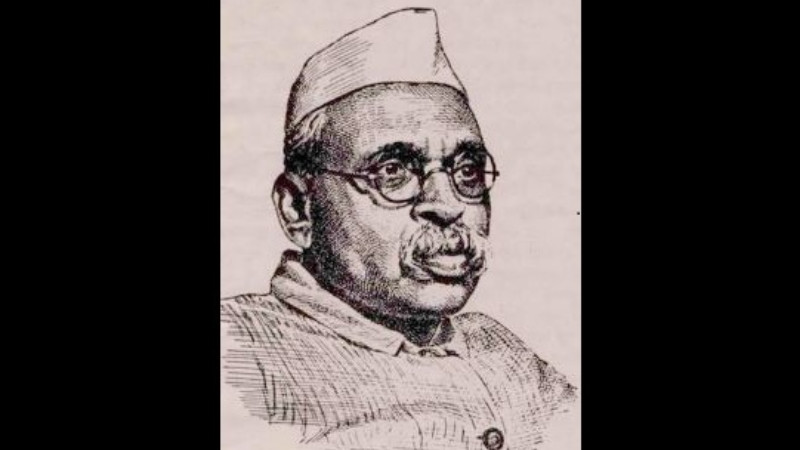
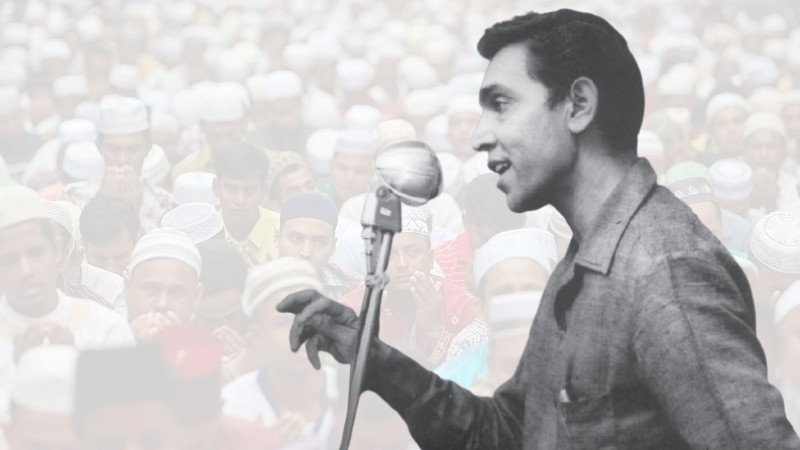
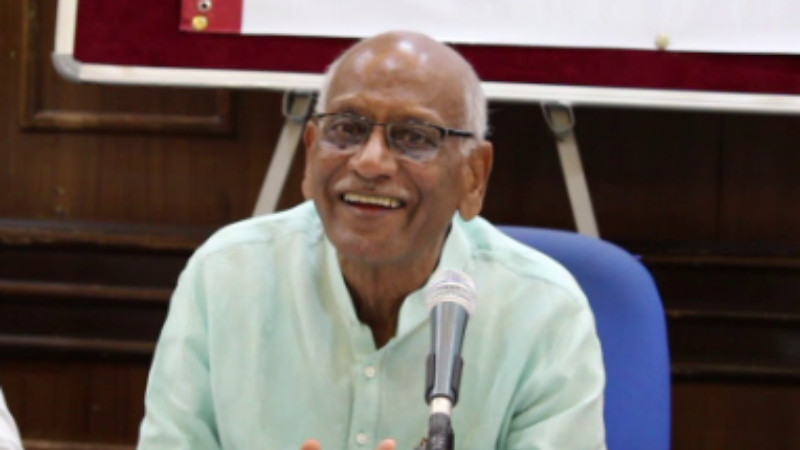
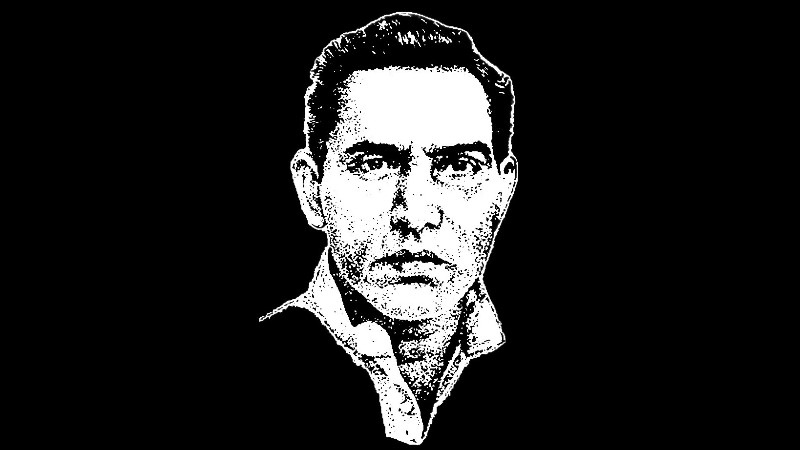

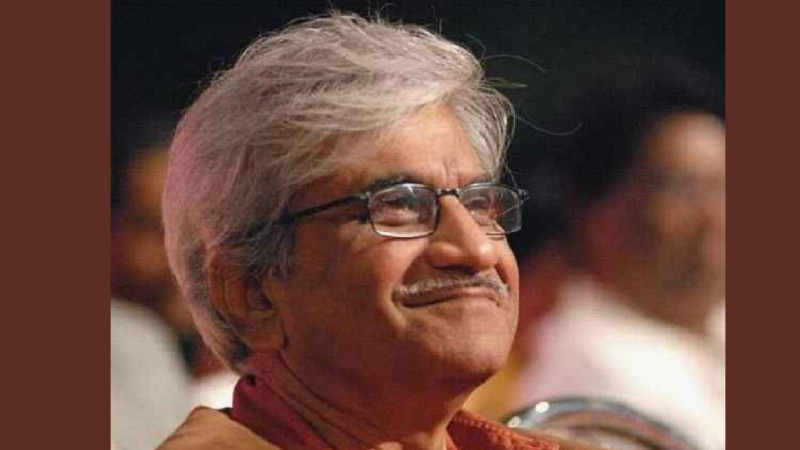
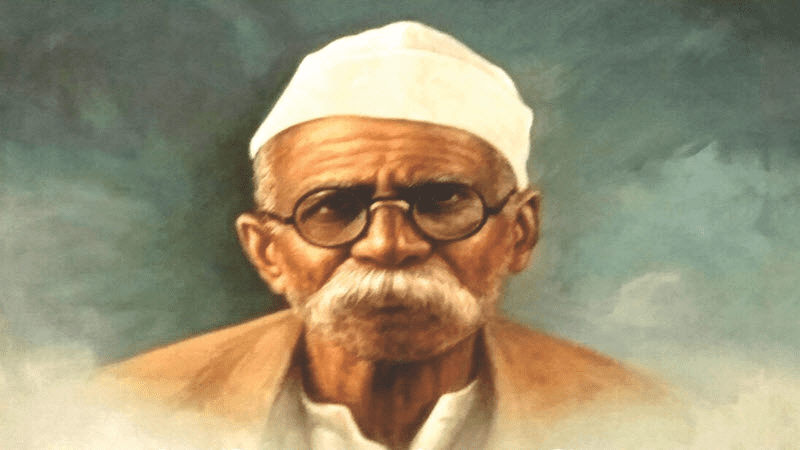

























Add Comment